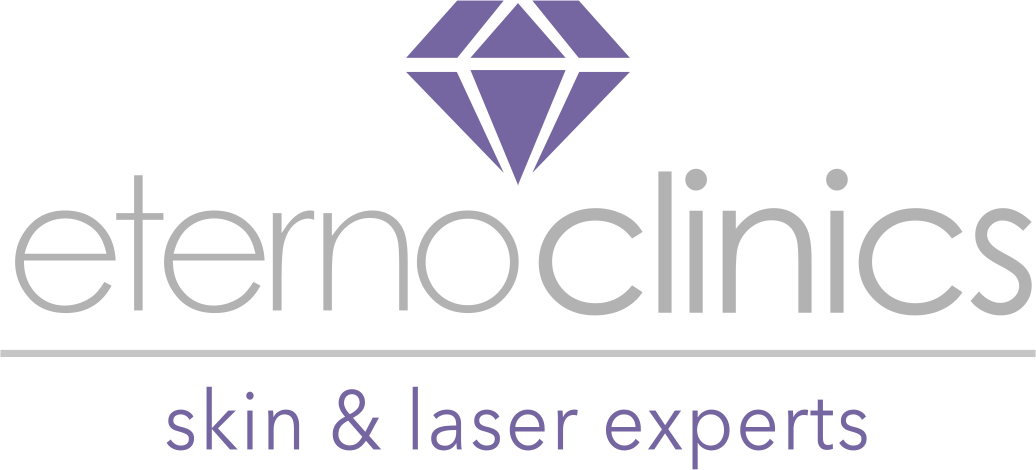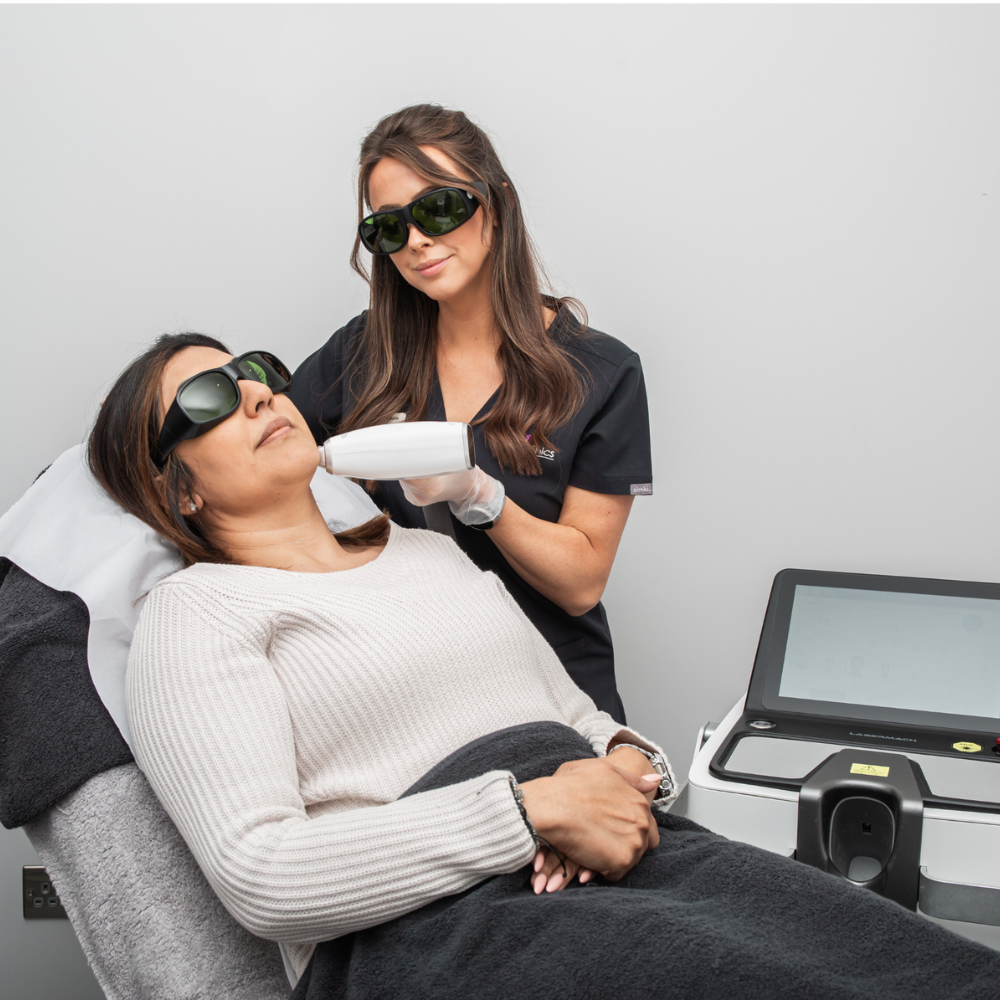Polycystic Ovary Syndrome (PCOS)
What is polycystic ovary syndrome (PCOS)?
Polycystic ovary syndrome (PCOS) is a common hormonal disorder in women of reproductive age. It is marked by hormone imbalances that cause irregular menstrual cycles, heightened androgen levels, and the formation of cysts on the ovaries. PCOS may impact fertility and overall health, potentially increasing the risk of conditions such as diabetes and heart disease.
What causes PCOS?
The exact cause of PCOS is not fully understood, but it is believed to involve a combination of genetic and environmental factors. Insulin resistance is believed to be a significant factor in the development of PCOS, impacting the body’s ability to process glucose. Excess production of androgens by the ovaries can be a contributing factor to the symptoms of PCOS.
What are the symptoms of PCOS?
The symptoms of PCOS can vary from person to person, but common signs and symptoms include:
Irregular Menstrual Periods: Women with PCOS often experience irregular menstrual cycles, which may be infrequent, absent, or unpredictable.
Excessive Hair Growth: PCOS can cause hirsutism, resulting in excess hair growth on the face, chest, back and other areas.
Acne: Many women with PCOS experience acne outbreaks on the face, chest, or back, often due to increased androgen levels.
Weight Gain: PCOS is often associated with weight gain or difficulty losing weight, particularly around the abdomen.
Hair Loss: Thinning hair or male-pattern baldness (androgenic alopecia) may occur in women with PCOS due to hormonal imbalances.
Skin Changes: Darkening of the skin, particularly in areas such as the neck, groin, or under the breasts, known as acanthosis nigricans, may occur in some cases.
Difficulty Getting Pregnant: PCOS is a common factor in female infertility, often caused by irregular ovulation or lack of ovulation.
Mood Changes: Mood changes, such as mood swings, depression, or anxiety, may occur in some women with PCOS, potentially due to hormonal fluctuations.
It’s important to note that not all women with PCOS will experience every symptom, and symptoms can vary in severity. If you suspect you have PCOS or are experiencing any of these symptoms, it’s essential to consult with a healthcare provider for proper diagnosis and management.
Trusted & Approved By You
FAQs
- Are There Specific Treatments for PCOS Symptoms?
Yes, specific treatments are available for common PCOS symptoms. Laser hair removal is a popular option for managing excess facial and body hair associated with PCOS. Acne treatments also help to reduce acne lesions and prevent future breakouts.
- Can PCOS be Cured?
PCOS is a chronic condition that cannot be cured, but its symptoms can be managed effectively with appropriate treatment and lifestyle changes. With proper management, many women with PCOS can lead healthy lives and achieve their reproductive goals.
- Why does PCOS cause facial hair?
In PCOS, the ovaries produce more androgens than normal, which can stimulate hair follicles on the face, resulting in increased facial hair growth. This condition is known as hirsutism. The excess androgens can also disrupt the normal menstrual cycle and lead to other symptoms like acne and hair loss on the scalp.
Request A Call Back
Contact Us
"*" indicates required fields



